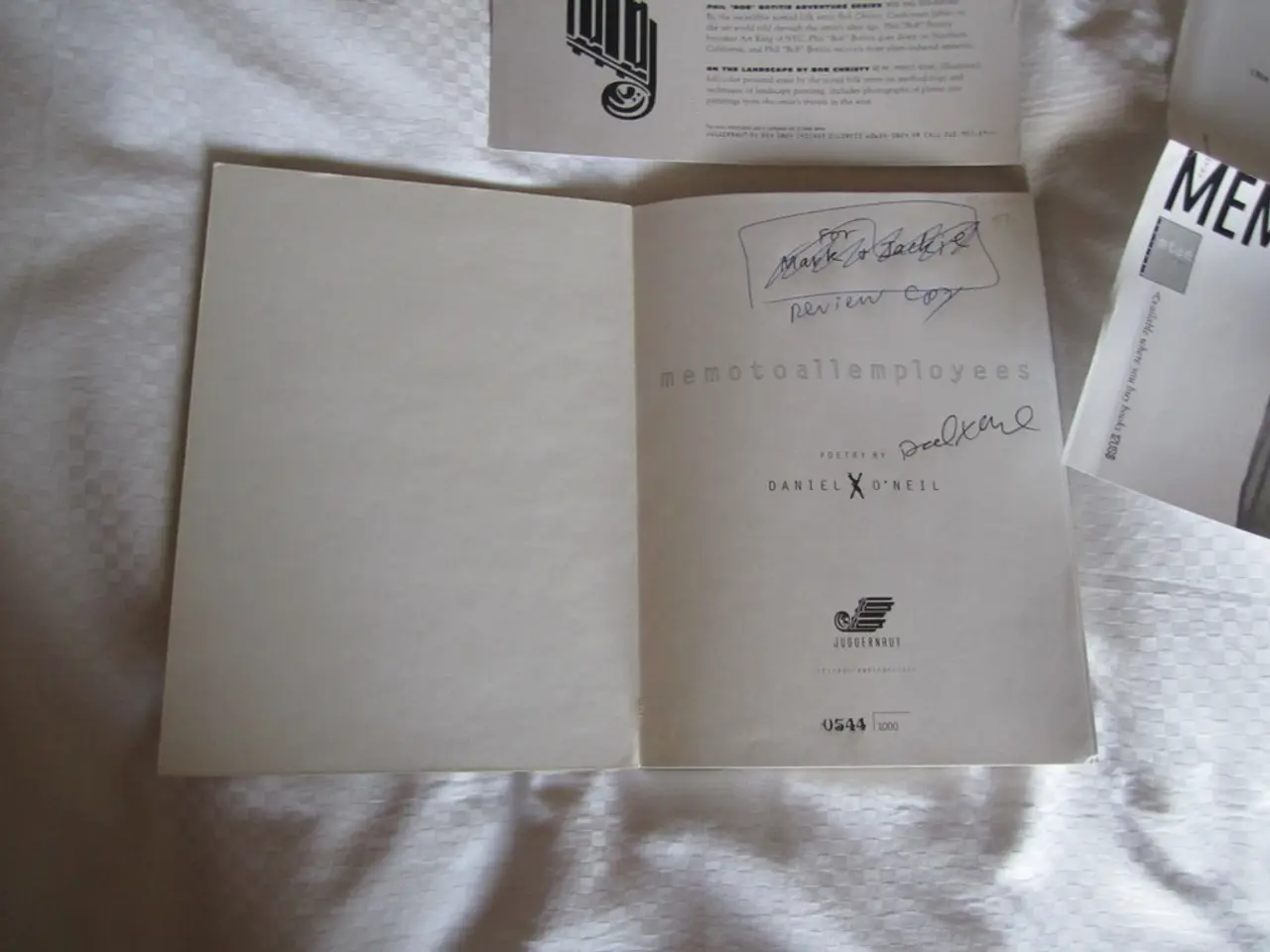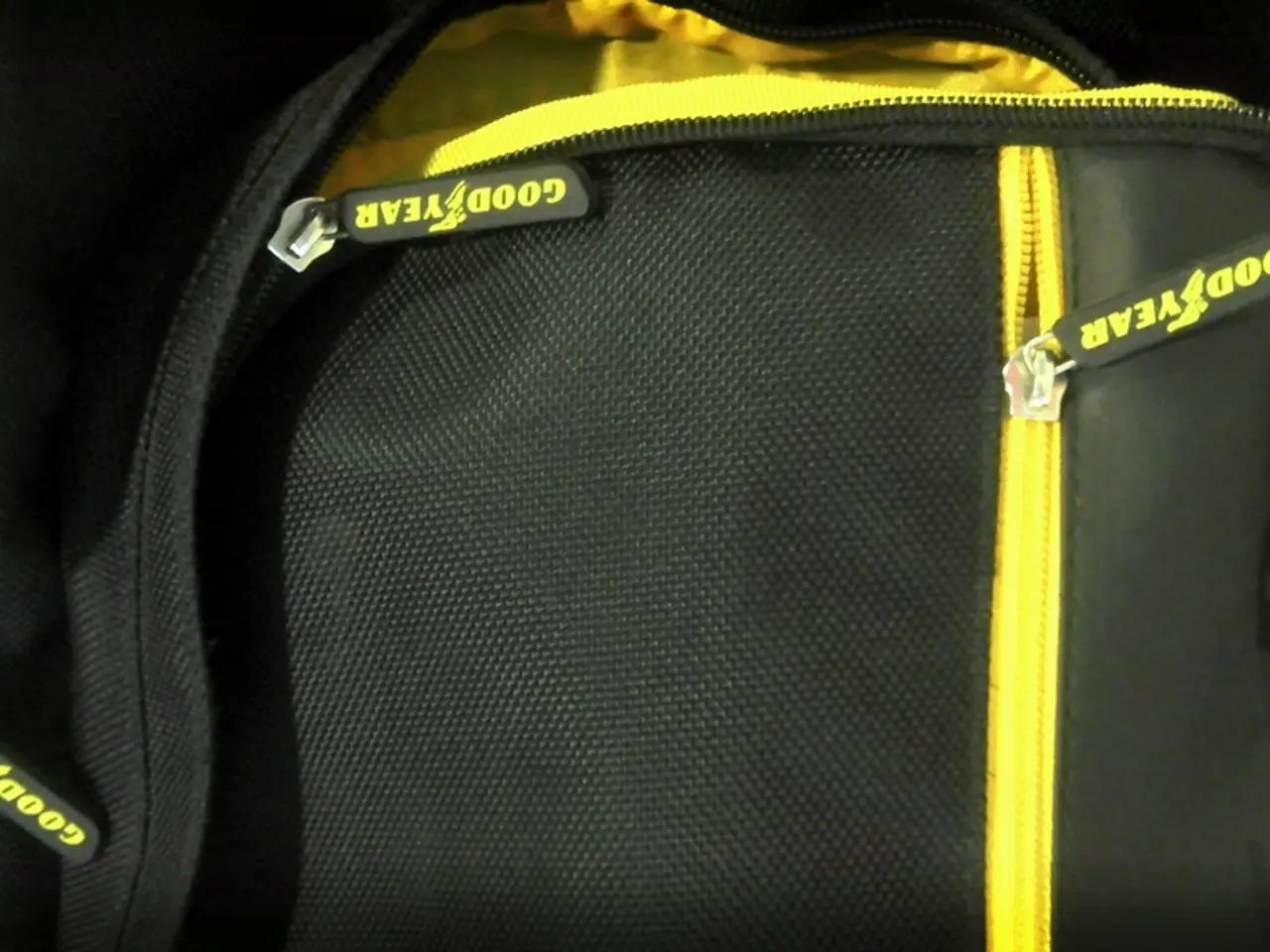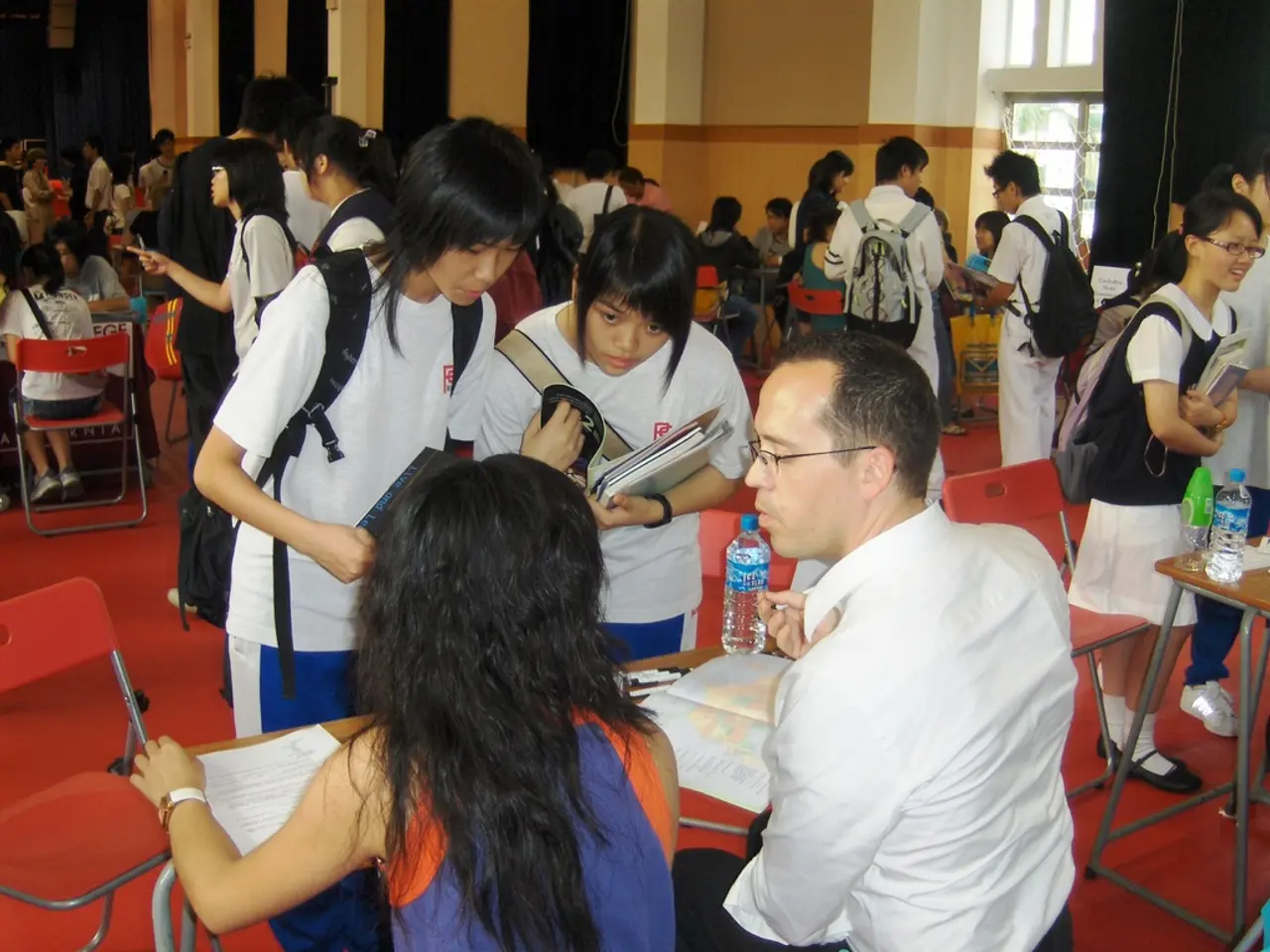Ben Cardin, a previous U.S. Senator, transfers his political documents to Johns Hopkins University
Johns Hopkins University's Sheridan Libraries and University Museums have received a significant donation - the legislative and political papers of former U.S. Senator Ben Cardin. This gift, celebrated during the annual Dean's Luncheon at Evergreen Carriage House in June, marks a crucial step in advancing scholarly research on government and democracy.
Senator Cardin's papers span 255 boxes of physical material and 2.8 TB of digital material, offering a comprehensive view of his nearly six-decade career in elected office. The collection encompasses his time in the Maryland House of Delegates, his tenure as a U.S. senator, and various notable events such as the impeachment of Judge Walter Nixon, the U.S. House of Representatives' ethics investigation of Newt Gingrich, the U.S. Helsinki Commission, the Magnitsky Act, President Trump's impeachment trials, and the COVID-19 pandemic.
Dean of the Sheridan Libraries and University Museums, Elisabeth Long, stated that these archives provide insights into how government works in practice. Katie Carey, curator of the University Archives, added that materials like the Cardin collection can add nuance, context, and lived experience to historical narratives.
The donation aligns with Johns Hopkins' initiatives in democracy and public policy, including its SNF Agora Institute and the new School of Government and Policy. The university emphasises that the accessibility of these papers supports education, especially for young people, by providing tools to study history and understand the importance of civic participation.
Most of Senator Cardin's papers will be openly available to researchers beginning in 2028, with some sensitive materials restricted by law for a certain period. Sen. Cardin expressed gratitude towards the Sheridan Libraries and University Museums for ensuring historical materials are accessible.
The Cardin collection joins the archives of other prominent Maryland elected officials, such as Senators Barbara Mikulski, Paul Sarbanes, Charles "Mac" Mathias, and Representative Clarence Long, creating a rich repository for researchers interested in civic engagement, policy-making, and government operations.
Senator Cardin was a strong advocate for health care and retirement savings, environmental protection, foreign relations, civil and human rights, small businesses, and the federal workforce. The collection includes legislative work, press and communications, casework for constituents, appropriations, field work, and committee briefing materials.
This donation underscores the commitment of Johns Hopkins University to the study and practice of civic engagement, policy-making, and robust dialog as cornerstones of global democracy. Sen. Cardin also emphasised the importance of young people understanding history and learning about civic engagement. The Cardin collection, with its vast array of historical topics, is set to become a valuable resource for future generations of scholars and researchers.
[1] Note: Some details in this article are based on the provided bullet points, which may not be presented in a chronological or thematic order. The exact thematic contents of the Cardin collection are still being processed.
- The Cardin collection, containing personal and professional materials spanning six decades of Senator Ben Cardin's career, will contribute significantly to advanced scholarly research on government and democracy at Johns Hopkins University.
- The extensive materials in the Cardin collection, which consist of physical and digital resources, provide insights into various aspects of politics, including foreign relations, civil rights, and health care, offering a nuanced understanding of historical events such as the impeachment trials and the COVID-19 pandemic.
- By making the Cardin collection openly available to researchers in 2028, Johns Hopkins University demonstrates its commitment to education and self-development, especially for young people, in promoting a thorough understanding of the importance of civic participation and engaging in robust dialogues as essential components of global democracy.




